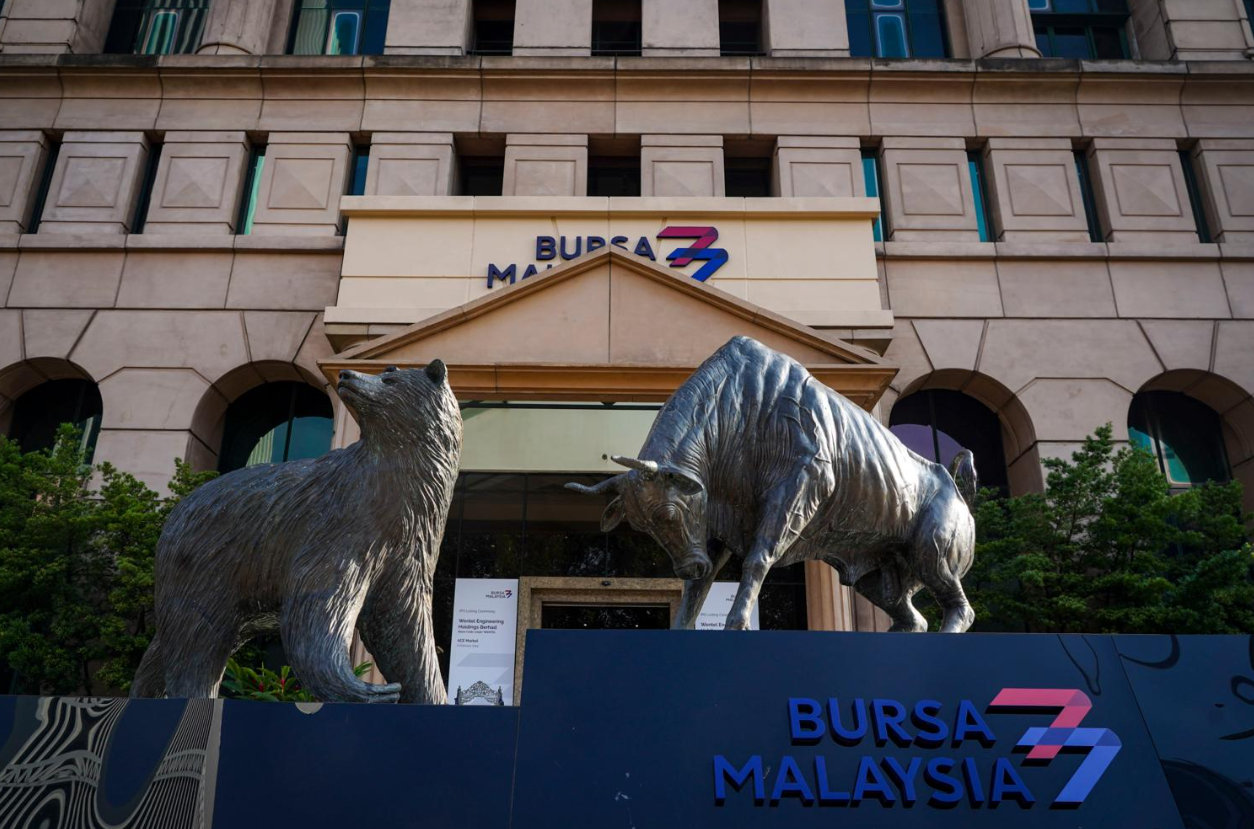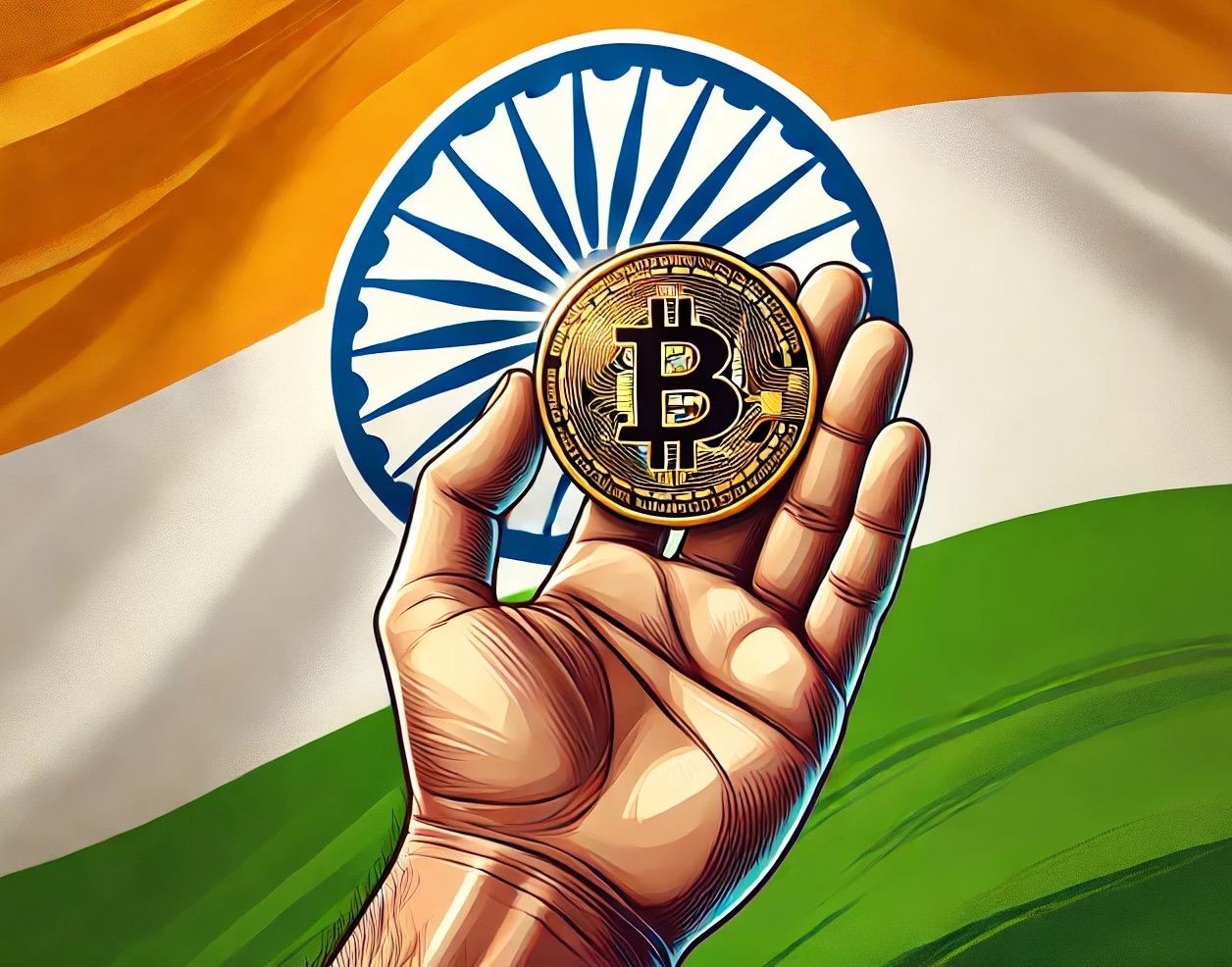India is progressively advancing its exploration of a central bank digital currency (CBDC), achieving significant milestones without rushing the process, according to Shri Shaktikanta Das, the Governor of the Reserve Bank of India (RBI). Speaking at the RBI Global Conference on digital public infrastructure and emerging technologies on August 26, Das outlined India’s careful and informed approach towards implementing a CBDC.
Growth in CBDC Adoption
Since the launch of the digital rupee pilots in late 2022, India has successfully registered 5 million retail CBDC users across 16 banks. These pilots, which include both retail and wholesale segments, began with a focus on payments to test the viability and functionality of the digital rupee in everyday transactions.
Governor Das stressed the importance of not rushing the rollout of a system-wide CBDC. He advocated for a gradual introduction, prioritizing a thorough understanding of its potential impacts on monetary policy, the financial system, the economy, and end-users.
Das expressed confidence that CBDCs hold the potential to revolutionize future payment systems, both domestically and internationally.
Programmability and Accessibility
One notable feature of the CBDC, as highlighted by Das, is its programmability, which could ensure precise delivery of funds to targeted users. For example, tenant farmers, who often struggle to secure agricultural credit due to lack of land title, could benefit significantly from a CBDC that verifies their identity and facilitates transactions.
Proposed Features of India’s CBDC:
- Programmability: Ensuring precise and conditional delivery of funds.
- Anonymity: Safeguarding user privacy.
- Offline Availability: Enabling transactions without internet access.
The cautious approach to the CBDC parallels India’s stance on cryptocurrencies. Despite the return of major global crypto exchanges like Binance, the regulatory landscape for cryptocurrencies remains complex and varied across government agencies.
In early August, Pankaj Chaudhary, Minister of State in India’s Ministry of Finance, emphasized that there are no immediate plans to regulate the buying and selling of cryptocurrencies, noting that crypto assets remain unregulated in India.
India is reportedly preparing to overhaul its regulatory framework for digital assets. The Department of Economic Affairs is set to release a consultation paper on cryptocurrency legislation, signaling a potential shift in policy that could define the future of digital assets in the country.
| Aspect | Details |
|---|---|
| CBDC Users | 5 million |
| Banks Participating | 16 |
| Pilot Focus | Payments (both retail and wholesale) |
| Key CBDC Features | Programmability, Anonymity, Offline Access |
| Crypto Regulation | Currently unregulated, no immediate plans for change |
| Future Plans | Consultation paper on cryptocurrency legislation expected |
India’s methodical and data-driven approach to exploring and potentially implementing a CBDC underscores its commitment to modernizing its financial infrastructure while ensuring stability and security. The country’s progress in the digital currency space, coupled with its evolving stance on cryptocurrency regulation, positions it as a key player in the global discussion on digital finance.










